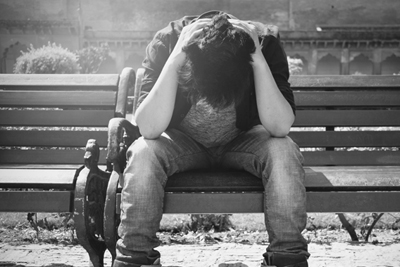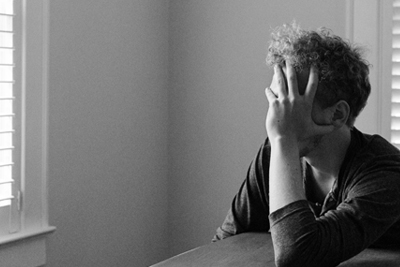Anxiety Disorder Treatment
Individuals with anxiety disorders can have worry and fear that are constant, overwhelming, and, at times, disabling. Symptoms associated with anxiety disorders can hinder an individual’s normal functioning. With treatment, symptoms are often alleviated, allowing significantly improved quality of life.
Generalized Anxiety Disorder
Generalized Anxiety Disorder (GAD) is characterized by persistent and excessive worry about many aspects of life. Individuals may find it difficult to control their worry, and this may lead to difficulty with concentration or general functioning.
Obsessive-Compulsive Disorder
Obsessive-Compulsive Disorder (OCD) is an anxiety disorder that involves both obsessions (thoughts, images, or impulses that occur over and over again) and compulsions (acts that a person repeatedly performs in an attempt to make the obsession go away). The brain seems to get “stuck” on a thought or urge that they cannot move past. Individuals with OCD often have the sense that if that “obsession” continues without them taking part in any compulsions, the anxiety will become intolerable.
Panic Disorder
Panic disorder is a type of anxiety disorder that results in panic attacks, which are sudden feelings of terror when there is not any actual danger. The individual experiencing the panic attack may feel a sense of loss of control. Physical symptoms such as rapid heart rate, shortness of breath and lightheadedness may also occur. It is not uncommon for the physical symptoms of panic to be mistaken for a heart attack and lead to a medical office or emergency department visit.
Post-Traumatic Stress Disorder
Post-traumatic Stress Disorder (PTSD) is an anxiety disorder that occurs after an individual has personally experienced or witnessed a dangerous and life-threatening event. Individuals who are at risk for developing PTSD include but are not limited to: soldiers who have been in combat, survivors or witnesses of violent crimes (including rape, kidnapping, robbery), individuals who have lived through a natural disaster, and survivors of accidents or grave illness.
Separation Anxiety
Symptoms of separation anxiety may include recurrent and excessive distress about anticipating or being away from home or loved ones. Children are especially prone to separation anxiety during times of stress and tend to become excessively anxious when separated from their parents.
Separation anxiety differs from normal clinginess. Separation anxiety disorder is diagnosed when symptoms are excessive for the developmental age and cause significant distress in daily functioning. Children with the disorder cannot think about anything but the present fear of separation. They may have nightmares or regular physical complaints. They may be reluctant to go to school or other places.
Social Phobia
Social Phobia, also known as Social Anxiety Disorder, is characterized by marked and persistent fear of situations in which one must perform or interact socially with or in front of others. A person with social phobia fears situations where they are exposed to new situations or people. They, therefore, worry about behaving in a way that they might be judged by others as foolish, unacceptable, inappropriate, or inadequate. When a socially phobic individual is exposed to these situations, they feel anxious, both physiologically and emotionally. This disorder hurts the individual’s social, academic, and/or occupational functioning.
Specific phobias
A specific phobia is any form of anxiety disorder that amounts to an unreasonable or irrational fear related to exposure to specific objects or situations. As a result, the affected person tends to avoid contact with the objects or situations and, in severe cases, any mention or depiction of them.
Related Services and Programs
Read More
Read More
Read More
Read More
Read More
Read More
Read More
Read More
Read More












